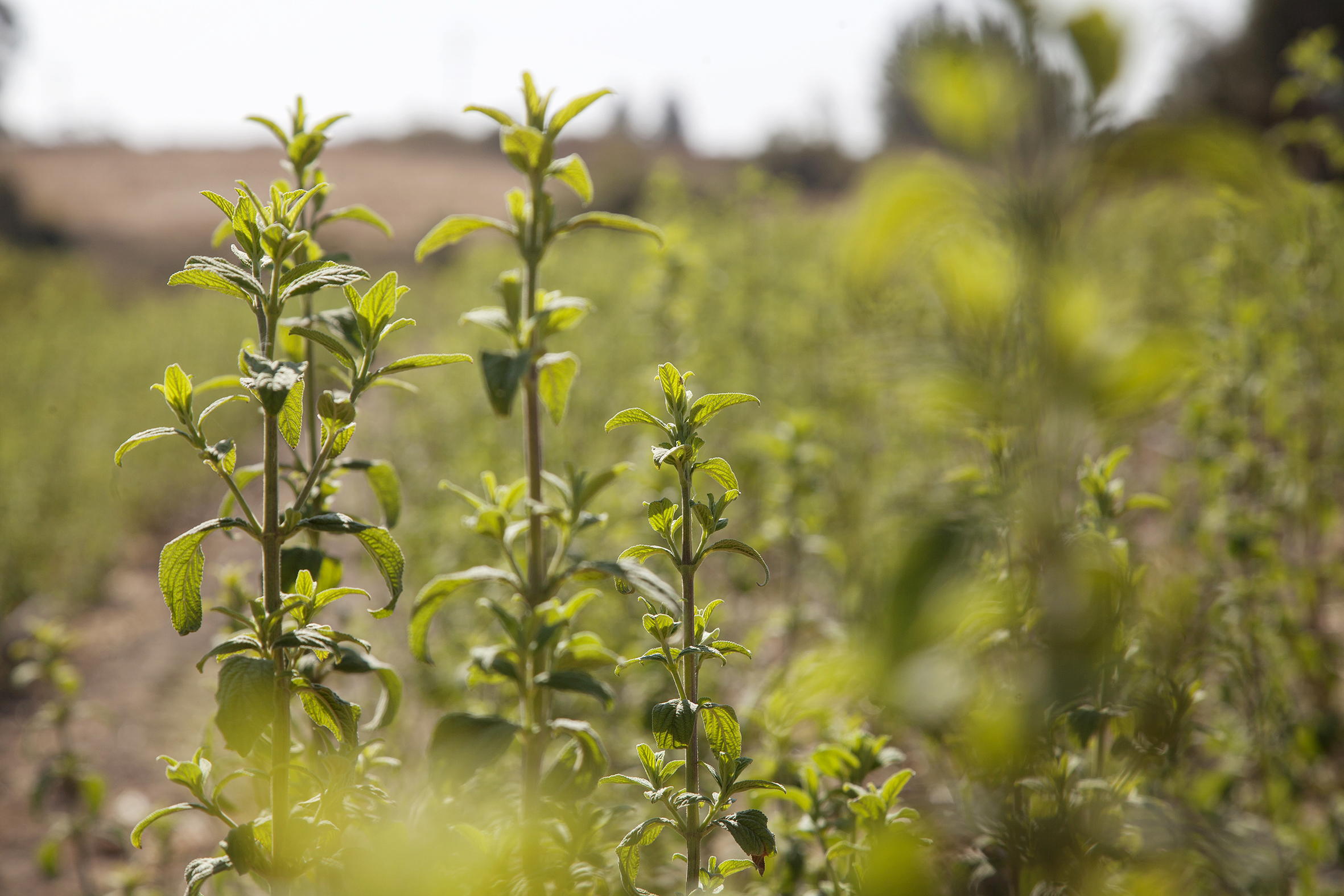Gene database in the laboratory of the Africa Rice Center. The research institute aims to breed higher-yielding rice varieties in order to improve the food supply.
Copyright© Ute Grabowsky/photothek.net
Biodiversity and benefit-sharing Equitable access and benefit-sharing
In many countries, there is a lot of economic potential in biodiversity. Private enterprises and research institutions use genetic resources to develop products or pursue research. Beneficiaries include the pharmaceutical and cosmetics industries, biotechnology, and agriculture and the food industry. They also benefit from the traditional knowledge of Indigenous Peoples and local communities that have used “their” biological diversity for decades or even centuries, for instance in order to heal diseases.
Using the benefits of biodiversity and sharing them equitably
Equitable access and benefit-sharing with regard to genetic resources is a key issue addressed in the 1992 Convention on Biological Diversity. The Nagoya Protocol, which entered into force in 2014, established an international legal framework for Access and Benefit-Sharing (ABS). So far, 141 countries have ratified the Protocol (as at July 2024). Germany has been a member since 2016.
The idea of ABS is to ensure that value chains will contribute to the sustainable use of biodiversity and to socioeconomic development in the countries of origin. This makes it possible to seize economic opportunities across continents, facilitate innovative research and product development, and simultaneously conserve biodiversity. The parties to the Convention also included ABS in the Global Biodiversity Framework that was adopted in 2022, and gave Indigenous Peoples and local communities a key role for the conservation and sustainable use of biodiversity. Benefit-sharing can involve many things, from financing research cooperation to technology transfer all the way to the sharing of profits from the sale of biodiversity-based products.
German activities
Since 2006, the BMZ has been assisting its partner countries – among other things through the multi-donor ABS Capacity Development Initiative (External link) – in developing legislation on access and benefit-sharing and in building and expanding ABS-compatible value chains. To that end, partners launch cooperation projects between the private sector and research institutions on the one hand and the providers of the resources on the other.
In practice, this means, for example, that companies that wish to use specific ingredients on a commercial basis first need to negotiate ABS agreements that lay down rules for benefit-sharing with the providing countries, communities or Indigenous Peoples, and that they need to receive a use permit from the competent national authority. The BMZ provides advice to communities and Indigenous groups on the negotiation of fair contracts and on increasing their involvement in value chains. The BMZ's technical and financial assistance for such value chain development fosters local economic and social development.
The Ministry also assists enterprises in meeting the import requirements of the European Union and the increased expectations of consumers regarding the sustainability of global value chains.
Benefit-sharing expanded to the use of digital information on genetic resources
Javanese bush verbena
The mechanisms on which the Nagoya Protocol and the Biodiversity Convention are based were created at a time when digital information was not yet an integral part of the work of enterprises and research institutions. The question has since arisen of how to realise ABS in the age of digital technology and artificial intelligence. The BMZ has taken up this issue.
Every human, every animal and every plant possesses a unique genetic code – its DNA. Today, researchers can access information on genetic codes quickly and easily through databases. This means that in many cases it is no longer necessary to travel to other regions of the world to collect biological resources and do genetic research on them. This has an influence on the significance and implementation of the Nagoya Protocol.
After lengthy negotiations, the 15th Conference of the Parties to the Convention on Biological Diversity decided in December 2022 to establish a multilateral mechanism to share benefits from the use of digital sequence information (DSI) on genetic resources. Part of the profit from the sale of products that were made with the use of digital sequence information is to go to a global fund as a form of benefit-sharing.
In order to facilitate fair and informed negotiations, the BMZ and other donors have been supporting international dialogue events and the provision of information to governments, Indigenous Peoples and local communities, the private sector, public research institutions, and civil society.
As at: 31/07/2024


